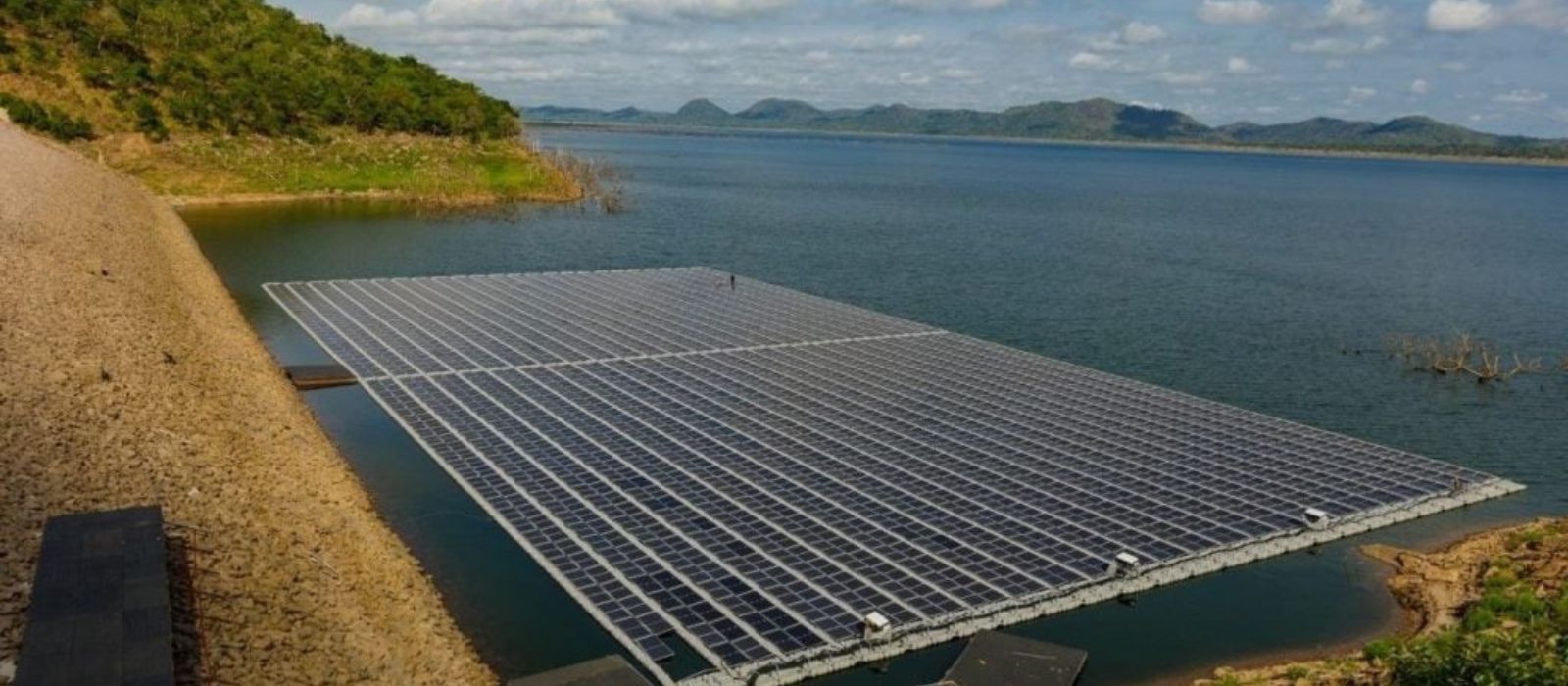
Zimbabwe has appealed for greater Chinese investment in its energy sector, highlighting opportunities in renewable energy and infrastructure development under China’s Belt and Road Initiative (BRI).
Addressing the Zimbabwe-China Business Forum held in Harare, Energy and Power Development Minister Edgar Moyo emphasised the critical role of Chinese partnerships in alleviating the nation’s ongoing power shortages. In a speech delivered on his behalf, Moyo stated that Zimbabwe’s energy sector aligns closely with the objectives of the BRI, offering significant potential for sustainable development projects.
The country currently faces a power generation deficit of up to 400 megawatts, primarily due to reduced output at the Kariba Power Station. The facility, which is Zimbabwe’s largest hydropower plant, has been severely impacted by falling water levels attributed to an El Niño-induced drought. These challenges have resulted in widespread electricity shortages since August.
To address the crisis, the Zimbabwean government is prioritising investment in renewable energy, particularly solar power, which officials view as a viable solution given the country’s abundant sunlight. Energy sector reforms have been implemented to attract independent power producers and private-sector participation, with incentives such as tax exemptions and guarantees on investment.
However, energy experts have raised concerns about the limitations of solar power in addressing Zimbabwe’s energy crisis. One primary critique is the lack of reliable energy storage infrastructure. Solar energy is intermittent by nature, producing power only during daylight hours, which necessitates robust storage systems to ensure consistent supply during peak demand periods, especially in the evenings. Zimbabwe’s existing grid infrastructure is insufficient to accommodate large-scale solar projects without substantial upgrades.
Additionally, the high upfront costs of solar installations, coupled with the country’s limited access to foreign currency for importing photovoltaic components, pose significant financial hurdles. Experts also warn that reliance on imported technology could exacerbate Zimbabwe’s trade deficit and increase dependency on external suppliers. The country’s frequent power outages, ironically, could hinder the implementation of solar projects requiring consistent energy for installation and maintenance processes.
Despite these challenges, the government remains optimistic about solar power’s potential to contribute to the energy mix. Moyo encouraged Chinese companies to explore opportunities in developing large-scale solar farms, as well as smaller projects tailored to local communities and industries. He also noted the need for investment in energy storage, transmission, and distribution infrastructure to enhance system resilience and efficiency.
China has been a longstanding partner in Zimbabwe’s energy and infrastructure development. Past collaborations include significant upgrades to the Hwange Power Station, a key contributor to the country’s electricity grid. Officials at the forum praised China for its continued support and expressed optimism about the potential for deeper collaboration in renewable energy initiatives.
The Zimbabwe-China Business Forum, which drew approximately 100 participants, provided a platform for dialogue between government officials and Chinese business representatives. Discussions centred on aligning investment opportunities with Zimbabwe’s development priorities, with a focus on addressing energy shortages and building a climate-resilient power system.
While solar energy offers a promising avenue for addressing Zimbabwe’s energy deficit, its success will hinge on securing investments in complementary technologies such as battery storage and grid modernisation. Additionally, fostering local manufacturing of solar components could mitigate financial and logistical constraints. By leveraging partnerships under the BRI and addressing these structural weaknesses, Zimbabwe aims to tackle its energy challenges while advancing long-term sustainability goals.


